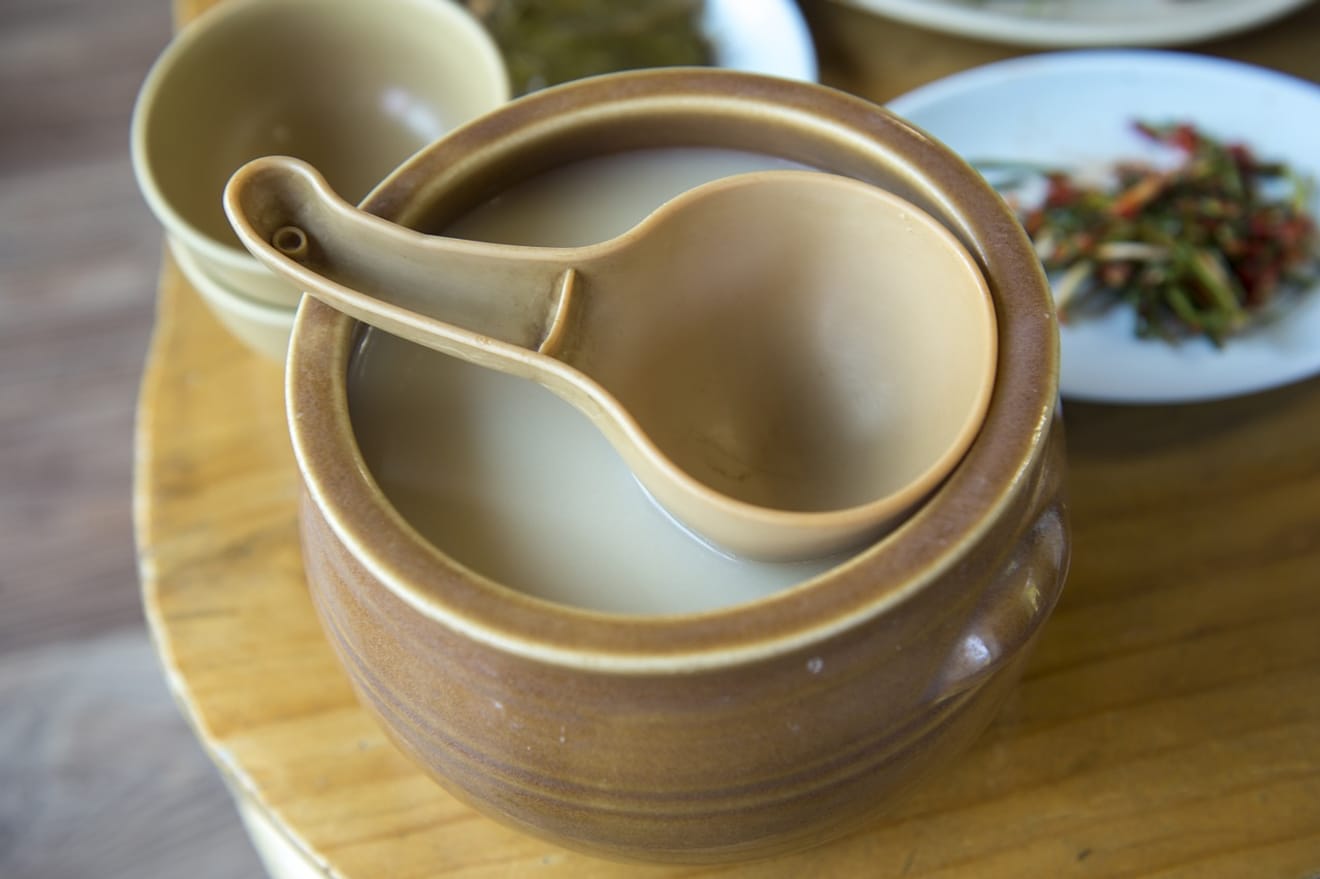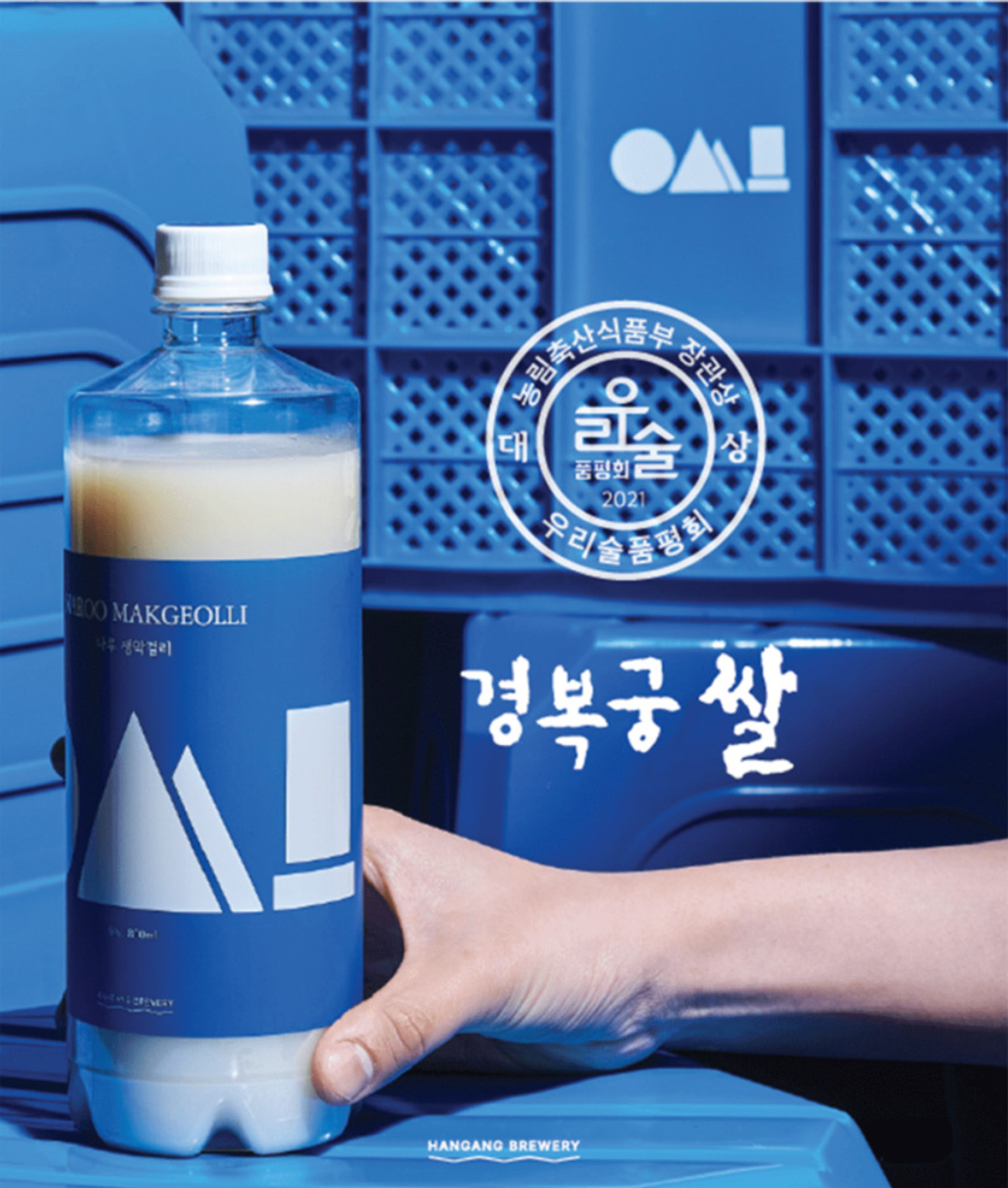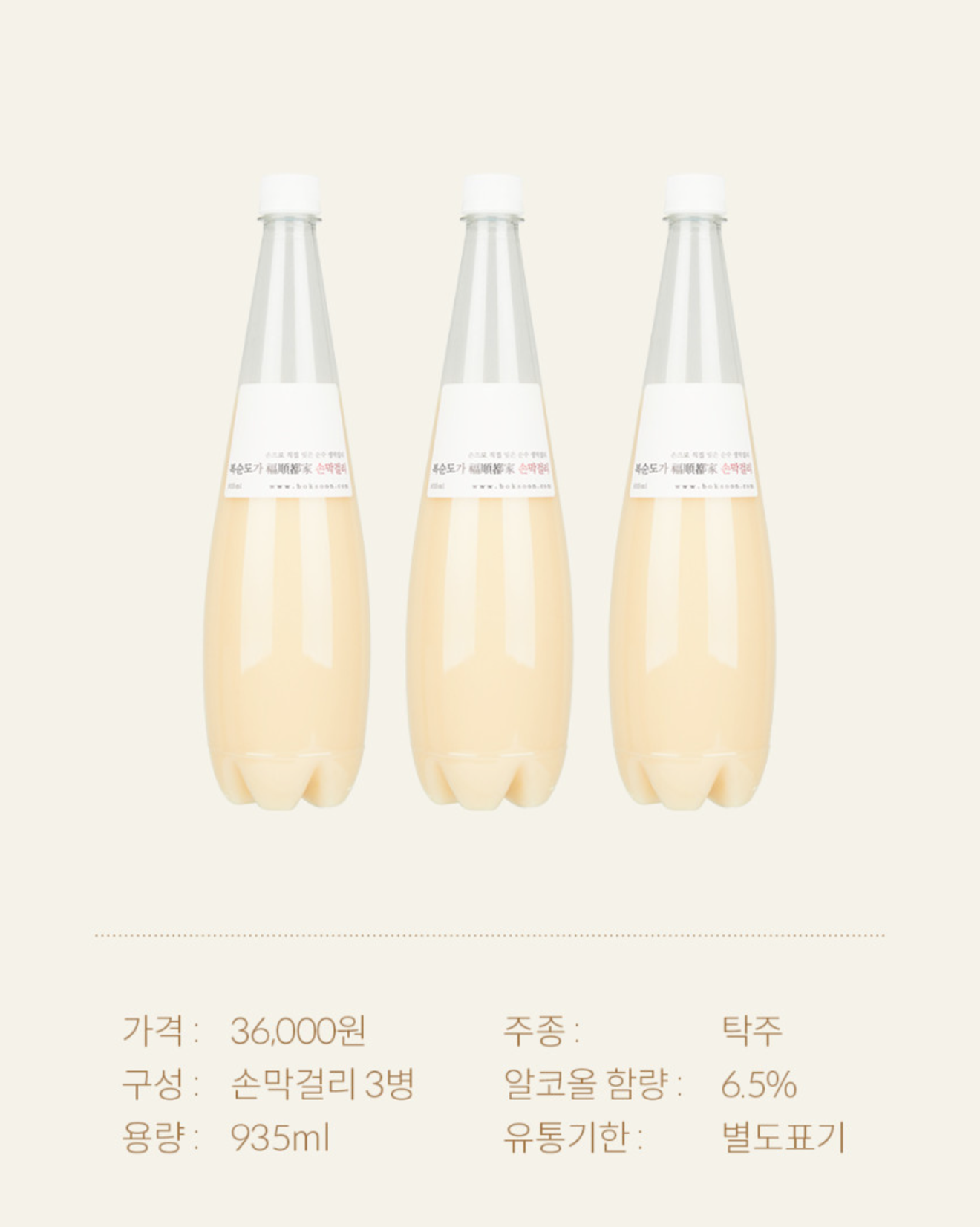Subject
- #Takju
- #Bokseundoga
- #Hangangjujo
- #Makgeolli
- #Neurinmaeul
Created: 2024-02-01
Created: 2024-02-01 09:41

Source: Pixabay
With changing dietary habits and increased meat consumption in Korea, distilled spirits like soju have become increasingly popular. However, there's a traditional alcoholic beverage that has enjoyed enduring love throughout history: takju! Also known as makgeolli, it literally means 'unfiltered liquor.'
Takju is one of Korea's representative traditional liquors, made from rice, nuruk (Korean yeast starter), and water. It can be made with glutinous rice or non-glutinous rice, and the type of nuruk used influences the taste and aroma. Takju is unique because the fermented liquor is bottled without filtering, leaving the sediment intact. This results in a cloudy appearance and a characteristically slightly rough texture compared to other traditional liquors.
Takju has played a significant role in Korean drinking culture. Its tradition as a drink for the common people was established during the Goryeo dynasty, and it was commonly brewed and enjoyed in villages and farms. It was a popular beverage for a midday snack during farming activities, and it was a staple at various events, including ancestral rites, weddings, and funerals.
In the past, makgeolli was often associated with the lower classes or older generations. However, with improvements in taste, aroma, and preservation methods, it has become a beloved beverage enjoyed by all age groups and social classes. Fruit makgeolli varieties, like strawberry and mango, are particularly popular among younger generations! Now, let's take a look at some recommended products.

Source: Home-sul.com (Neurinmaeul Makgeolli 750ml 3,600 KRW)
This makgeolli is produced by Baesangmyeonju, known as Neurinmaeul Makgeolli. It boasts a pure, unadulterated taste as it's brewed using only rice, nuruk, and water, without any artificial sweeteners. The makers claim that you can experience the flavors of each season as it ages. Within 14 days, it has a sweet, springtime taste, then a balanced sweetness and acidity like summer after 58 days. From 9 to 12 days, it's like autumn, with a gradual reduction in sweetness and increased carbonation. Finally, after 13 days, it develops a slightly bitter, wintery flavor. If you consider yourself a true makgeolli aficionado, this one is worth a try!

Source: Hangangjujo (Naru Live Makgeolli 6 degrees 800ml 7,000 KRW)
Here's another makgeolli recommendation from Hangangjujo. This makgeolli is brewed with 100% Gyeongbokgung rice, a specialty product of the Seoul region. It's characterized by its smooth, natural sweetness and clean finish. It has received the Minister of Agriculture, Food, and Rural Affairs Award, and the carbonation level changes based on storage methods and duration. This brand also offers two other makgeolli varieties: 'Naru Live Makgeolli 11.5% ABV' and 'Bosstokki Makgeolli.' If you enjoy the 6% ABV version, you might want to explore the others for a wider experience.

Source: Bokseundoga (Son Makgeolli 935ml 3 bottles 36,000 KRW)
Bokseundoga's makgeolli is known for its naturally occurring carbonation during the fermentation process. It's said to have a strong carbonation similar to champagne, so be cautious when opening the bottle! It's also praised for its fine particles, resulting in a refreshing taste without a rough texture. Gift sets including a gift bag, ice pack, and cooler box are available, making it a suitable choice for presents. It's a bit pricier than the other options we've discussed, but its popularity speaks for itself.
Today, we delved into the world of takju, a traditional Korean alcoholic beverage. I was surprised to learn about the diverse range of makgeolli available. Since it's also packed with beneficial nutrients, why not try a new variety? Thank you for reading, and we'll be back with a post on cheongju (refined rice wine) next time! :)
Comments0